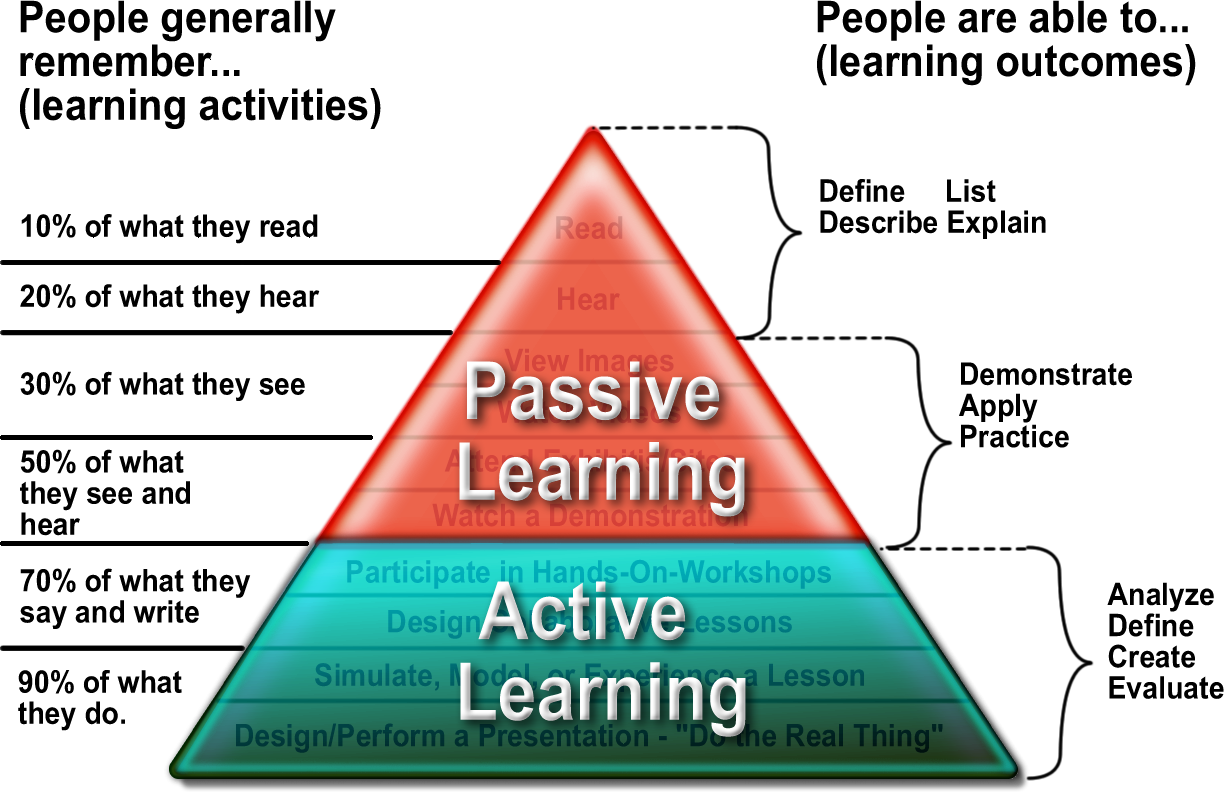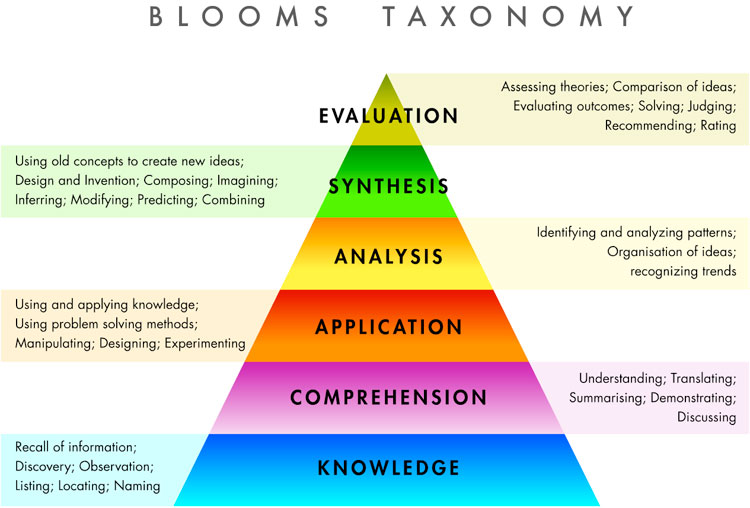Activity 11 – Cultural sensitivity & indigenous learners
I am passionate about learning how to effectively and more
efficiently support students from diverse cultural backgrounds.
As part of the course we not only teach Tikaka and Te Reo Maori
but we also embed Tikaka practice throughout the whole year, to create a sense
of it becoming ingrained i.e. no eating at work spaces, this needs to happen at
the back of the room – break times, lunch, we sing waiata to celebrate student
successes, no sitting on desks and general respect for one another.
A large aspect of this is in our planning for
course, each step from application to graduation stages we create a deliberate
whanau approach.
Our theories and models course not only includes the
specifics for each specialty, but also Maori, Pacific and Asian models of
practice. These are taught so they can
be integrated with other theory bases so students learn to practice with a
wider theoretical base.
Student placement process (that I researched, developed and
set up) is integral to meet the cultural needs of each student, being able to
provide Maori or Pacific placements for our students who identify with this
cultural group is respectful.
Addressing emails, posts on discussion forums with Maori
greetings is part of the role modelling of delivering a Treaty focus, to
enhance working in partnership.
For me personally it is about achieving further study in
working bi-culturally and multi-culturally, a way that I am accomplishing this
is by studying towards my certificate in te mata a ao Maori (which I intend to
graduate with at the end of this year).
Understanding the Treaty of Waitangi in relation to my professional
practice and as an educator is essential for my continued growth in this
important area.






